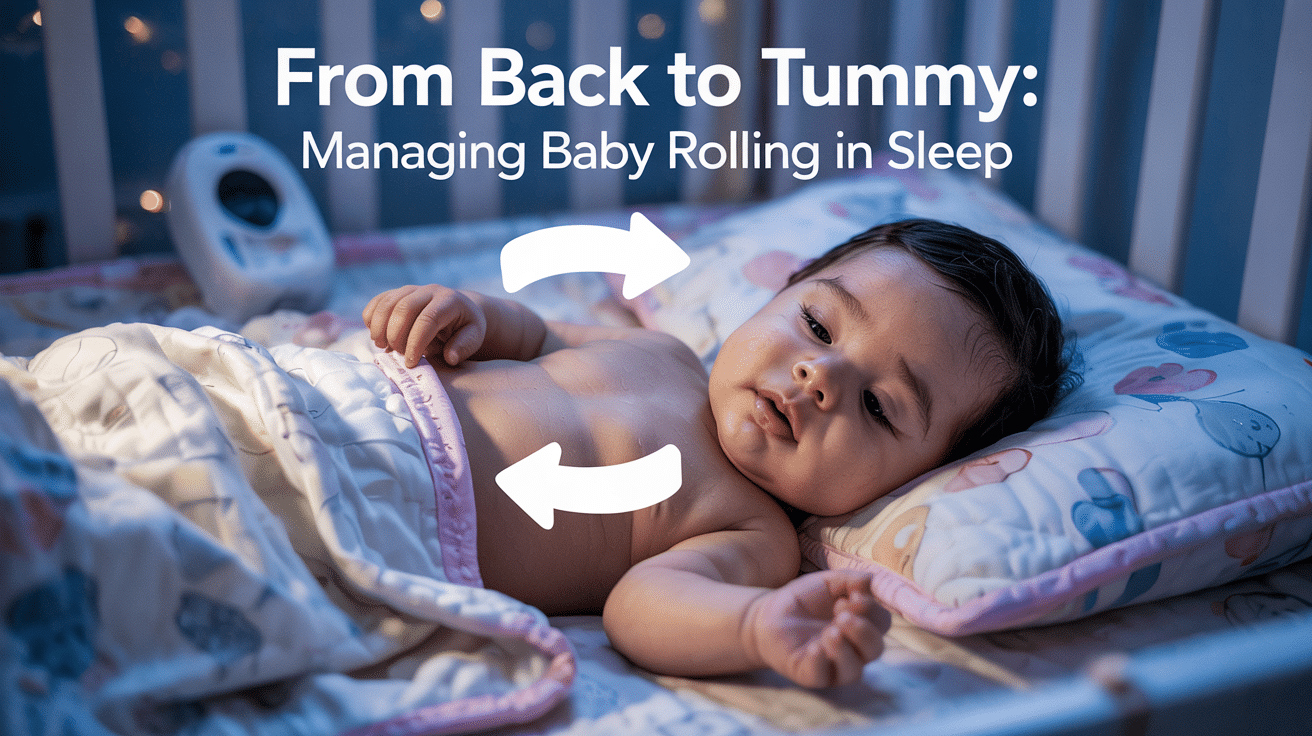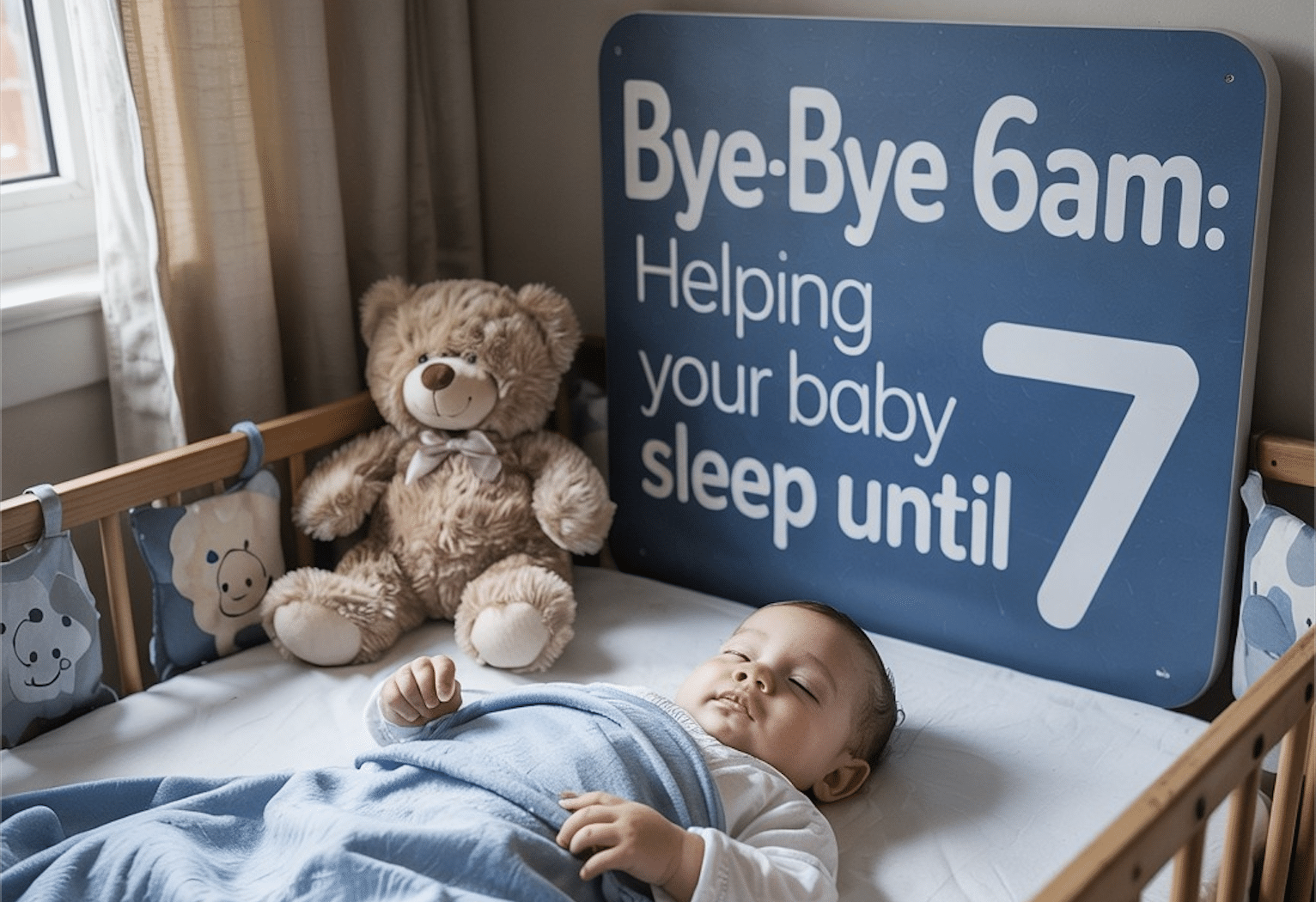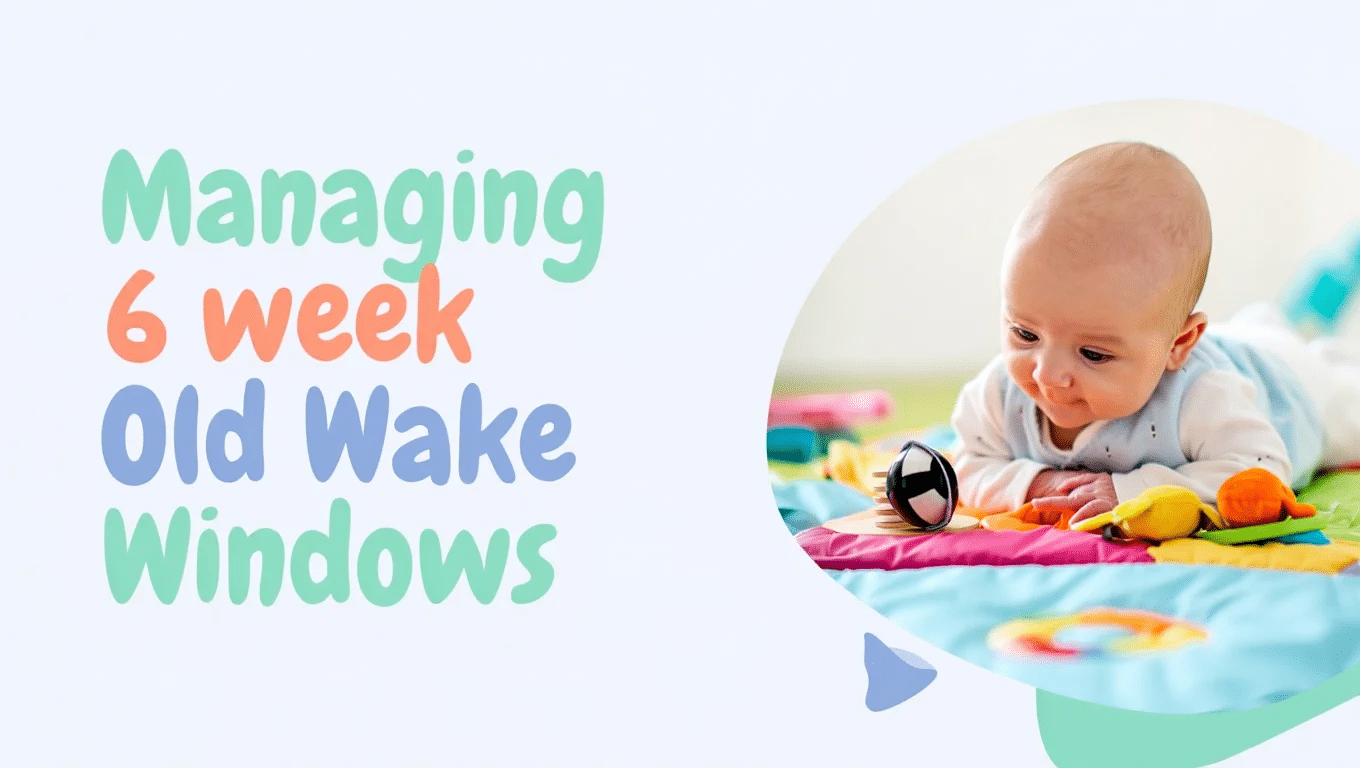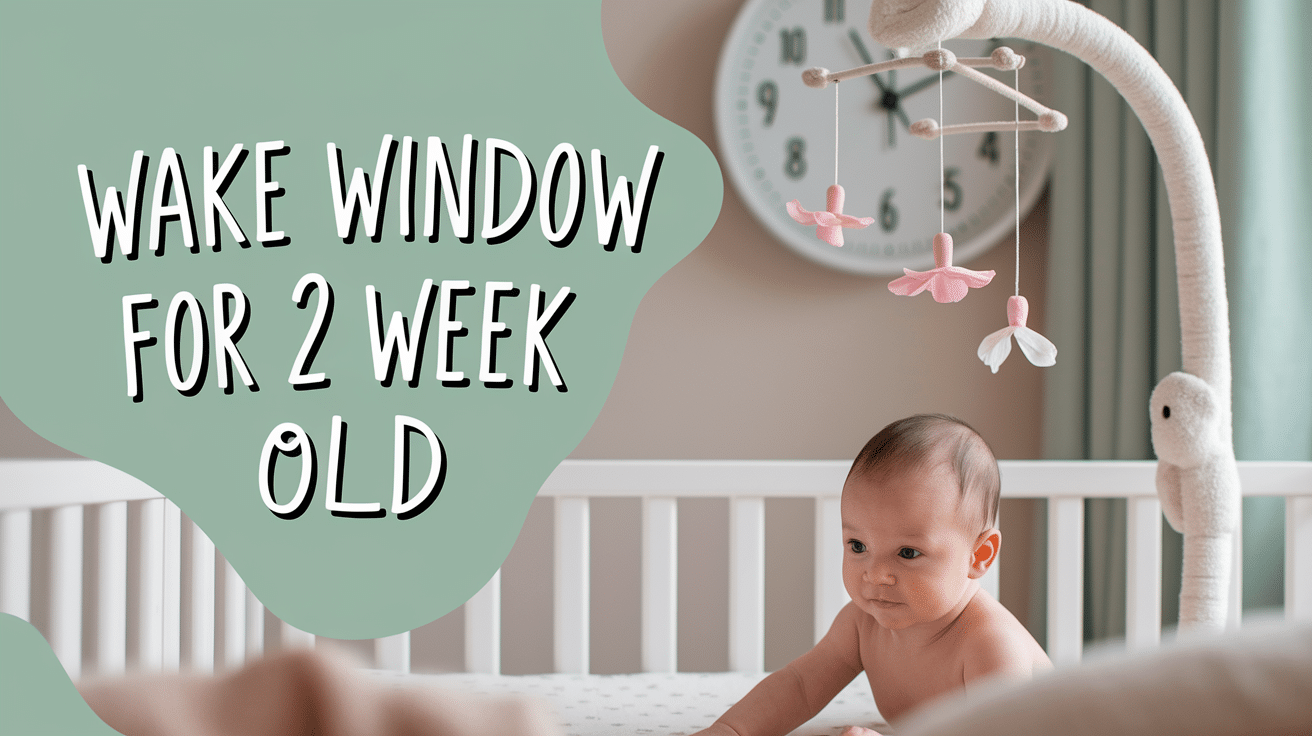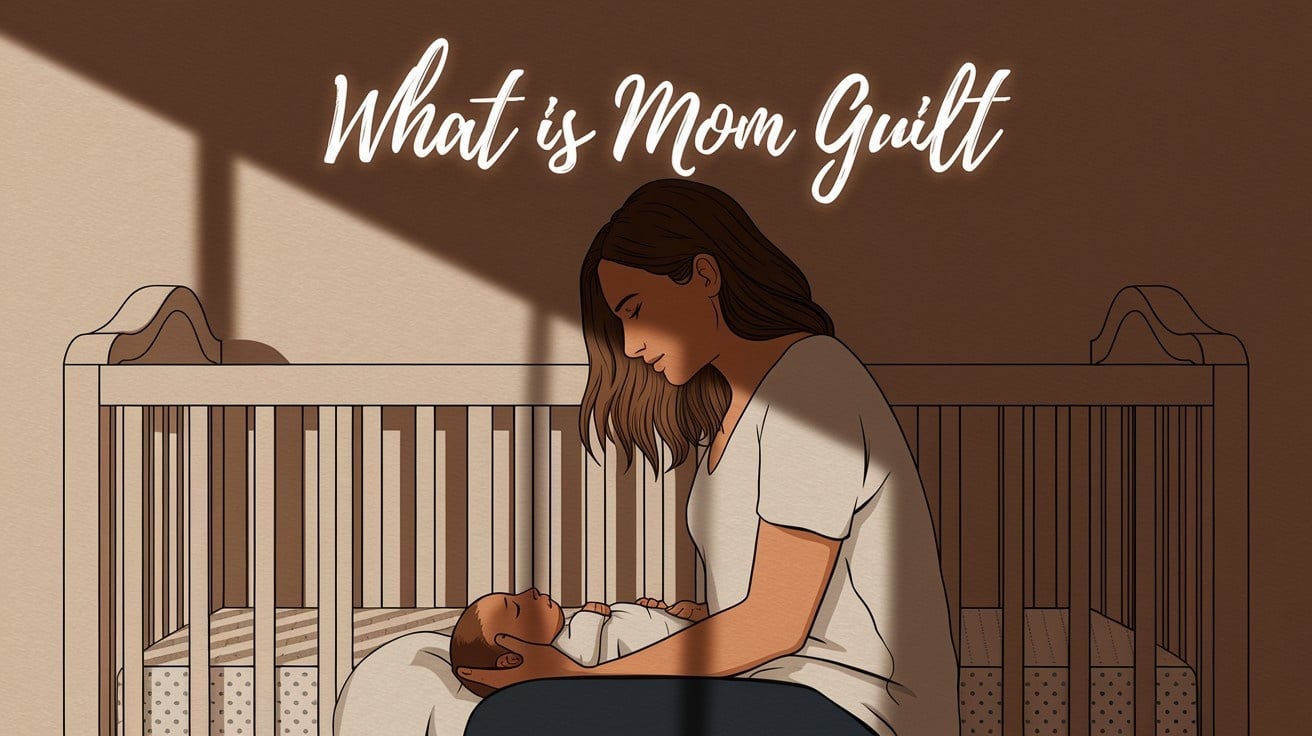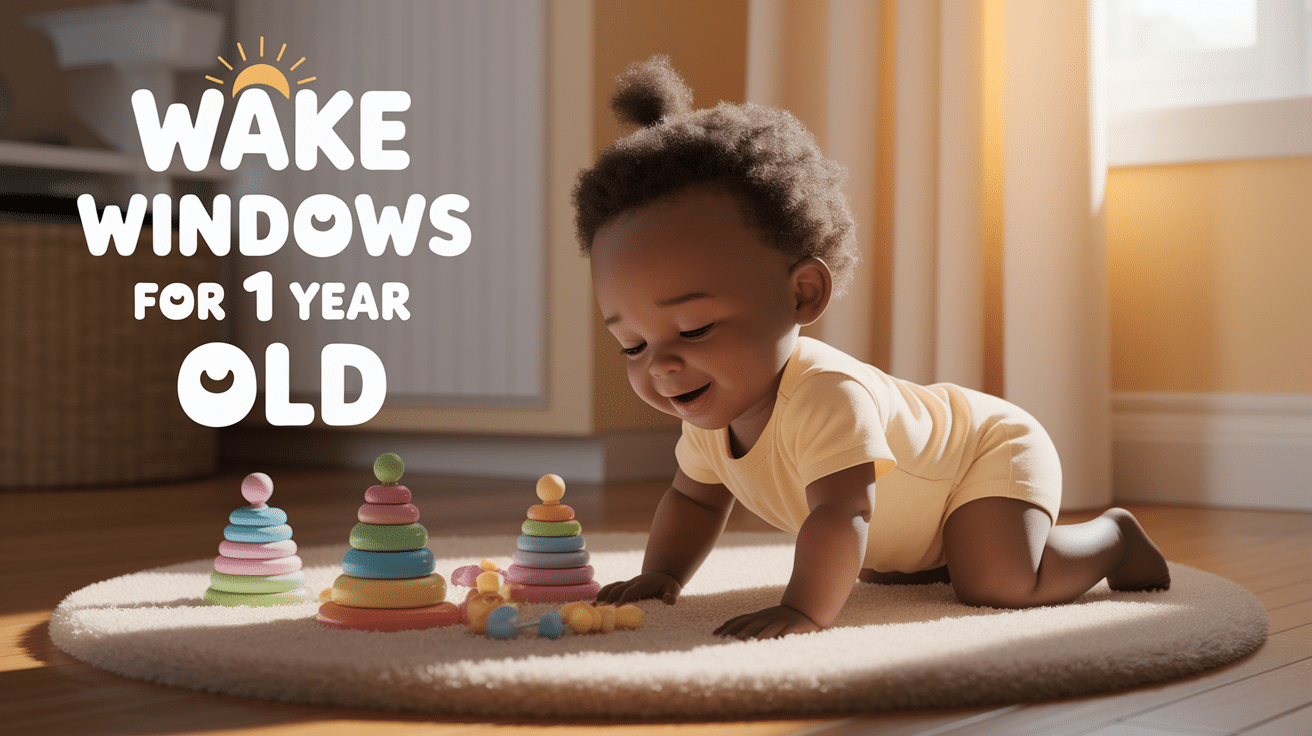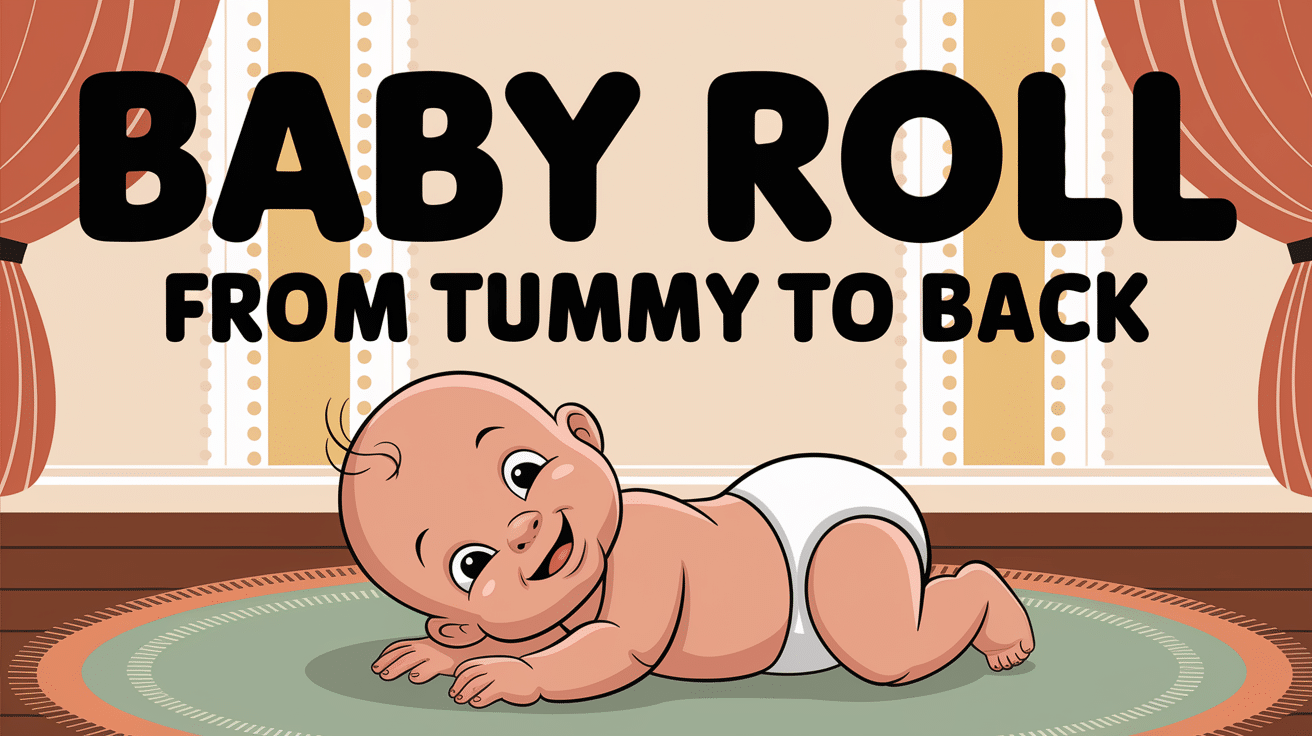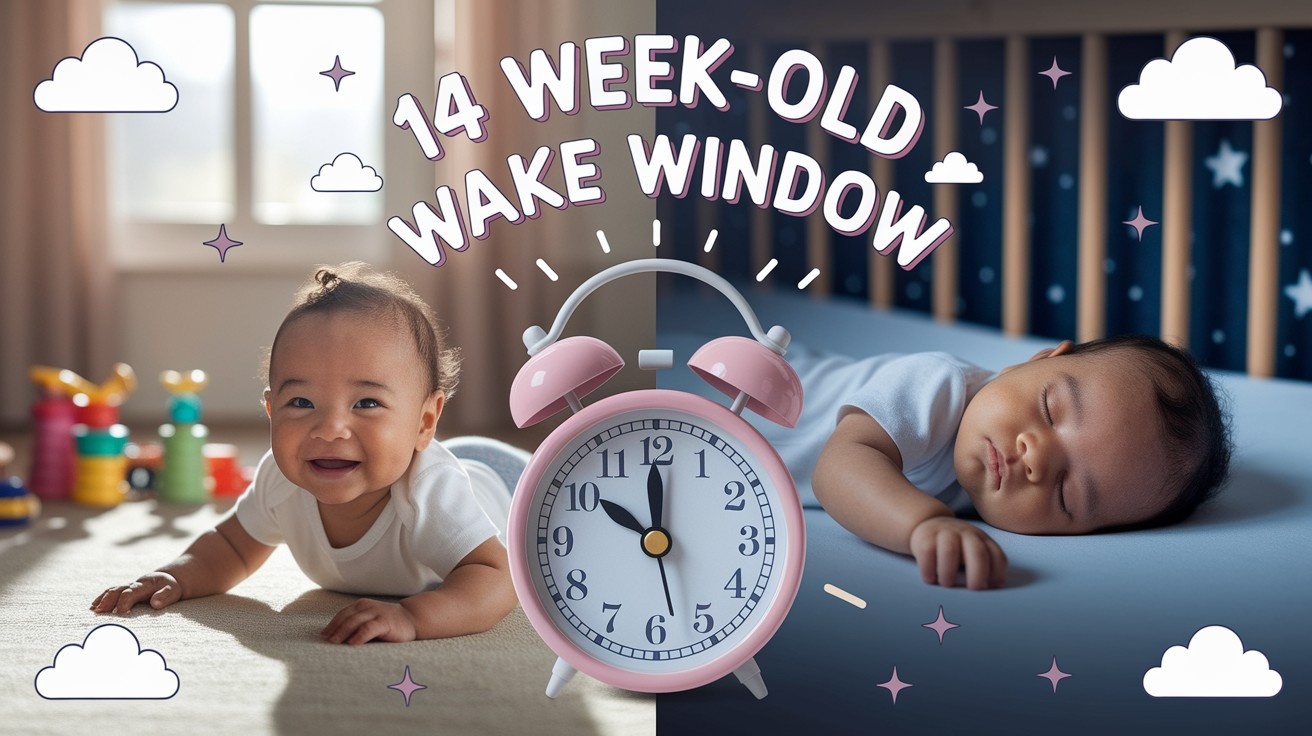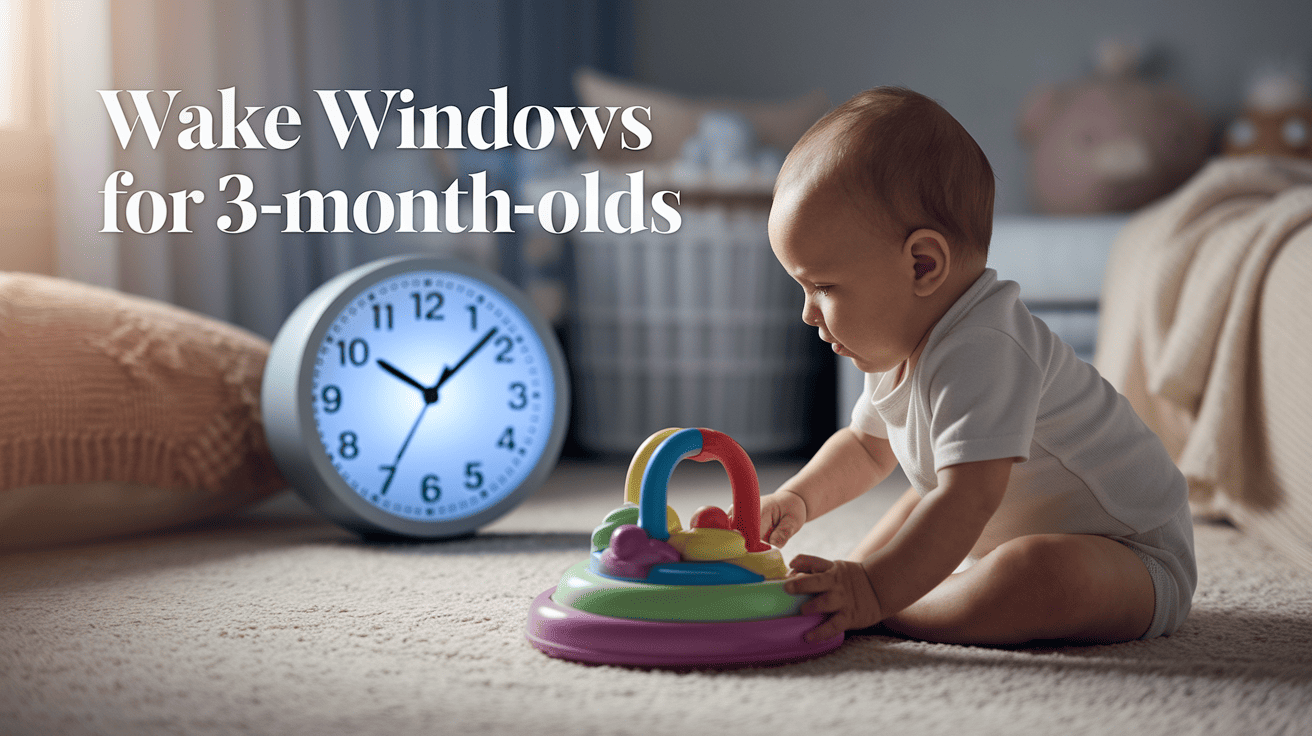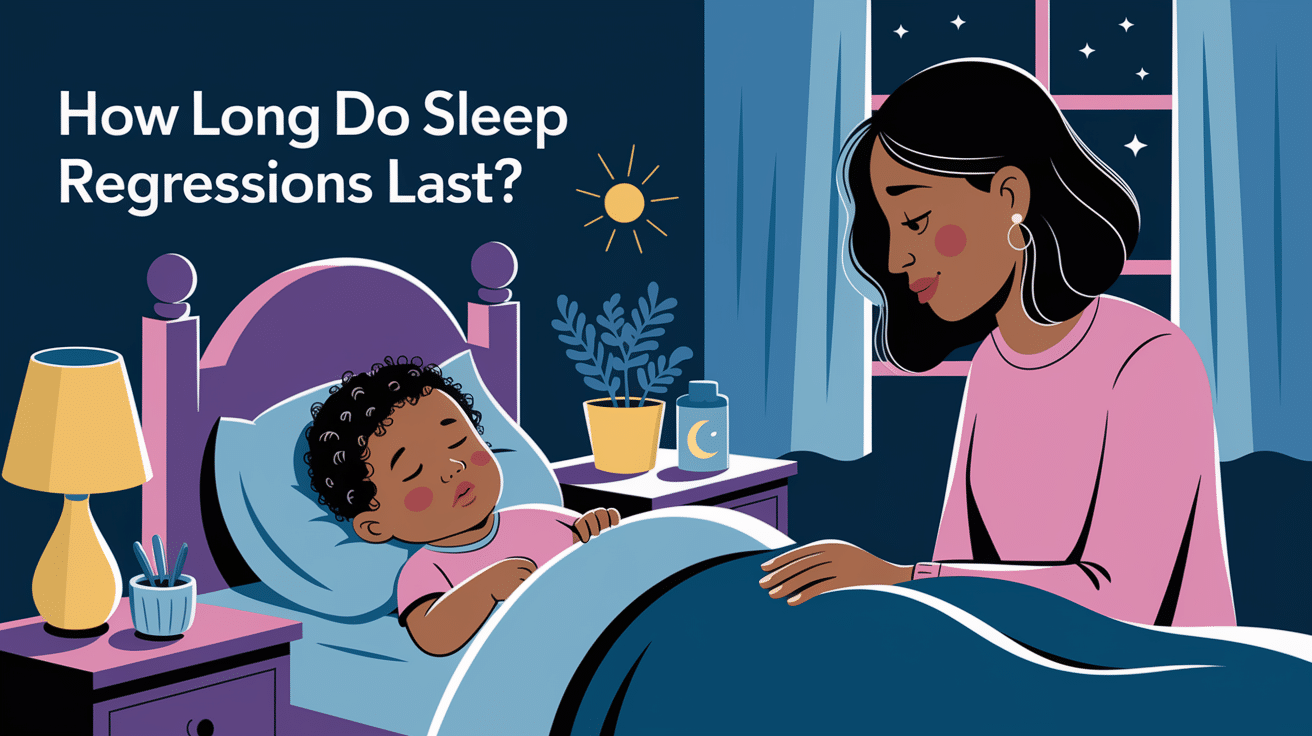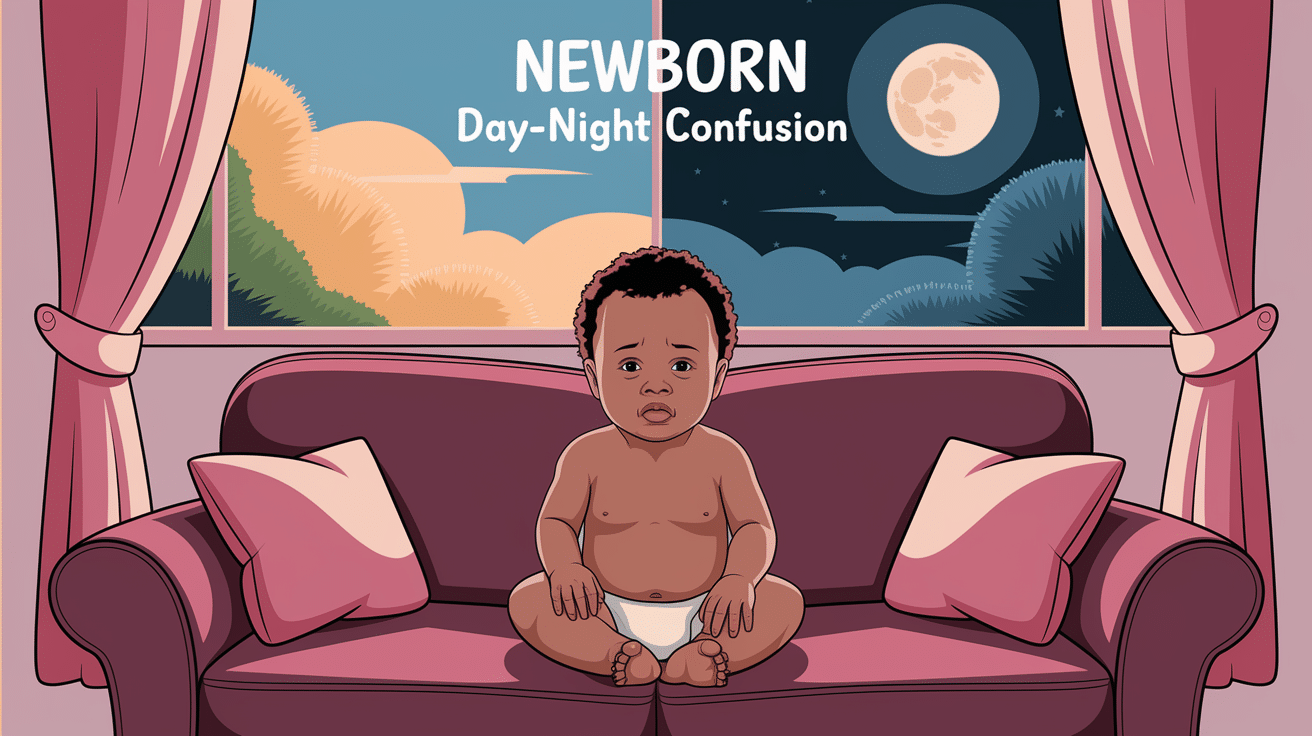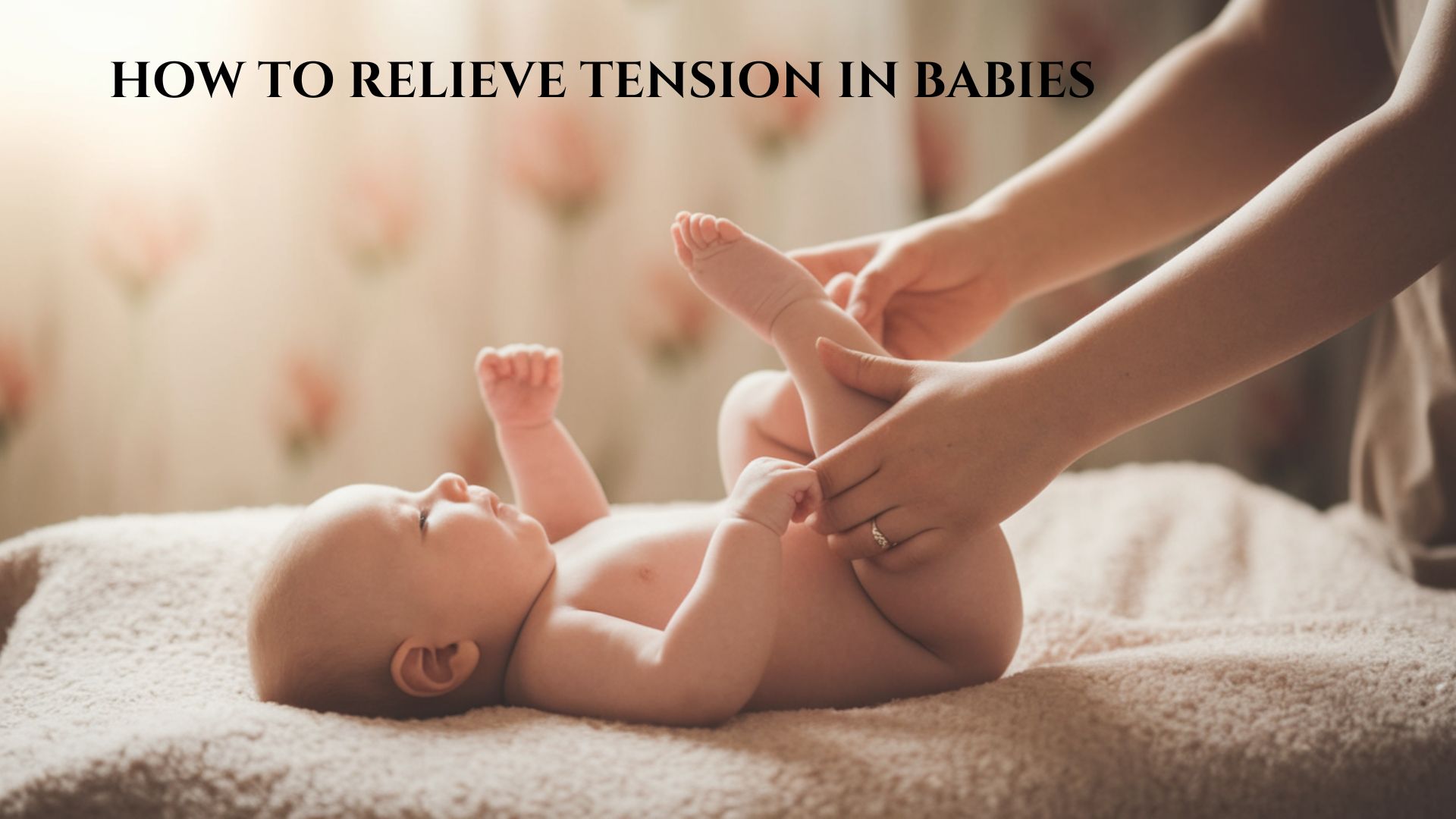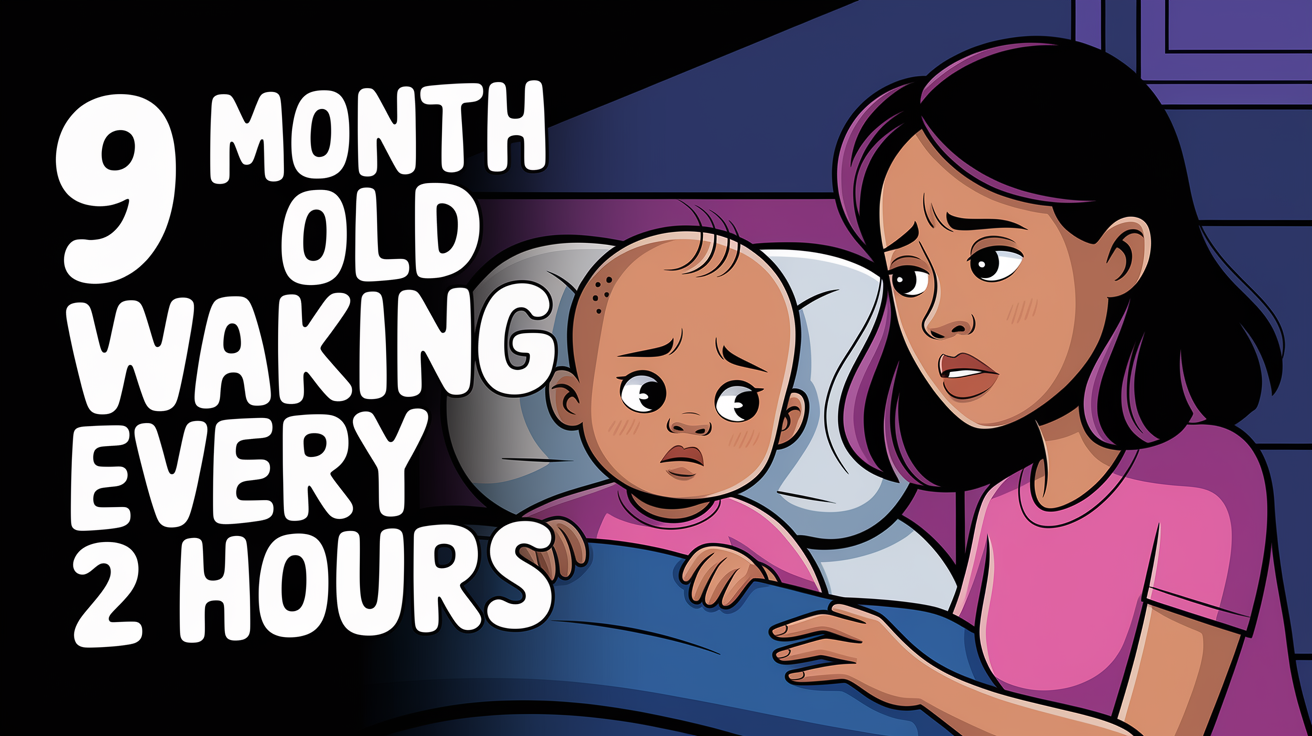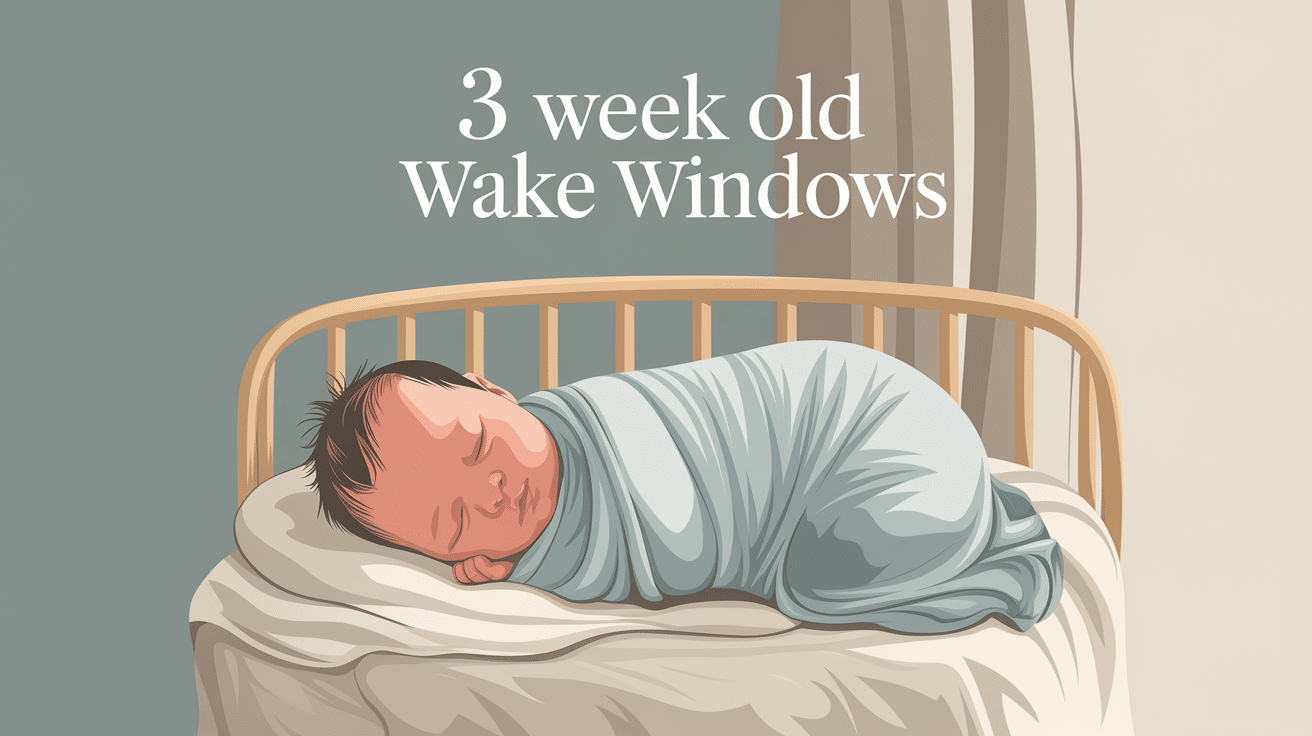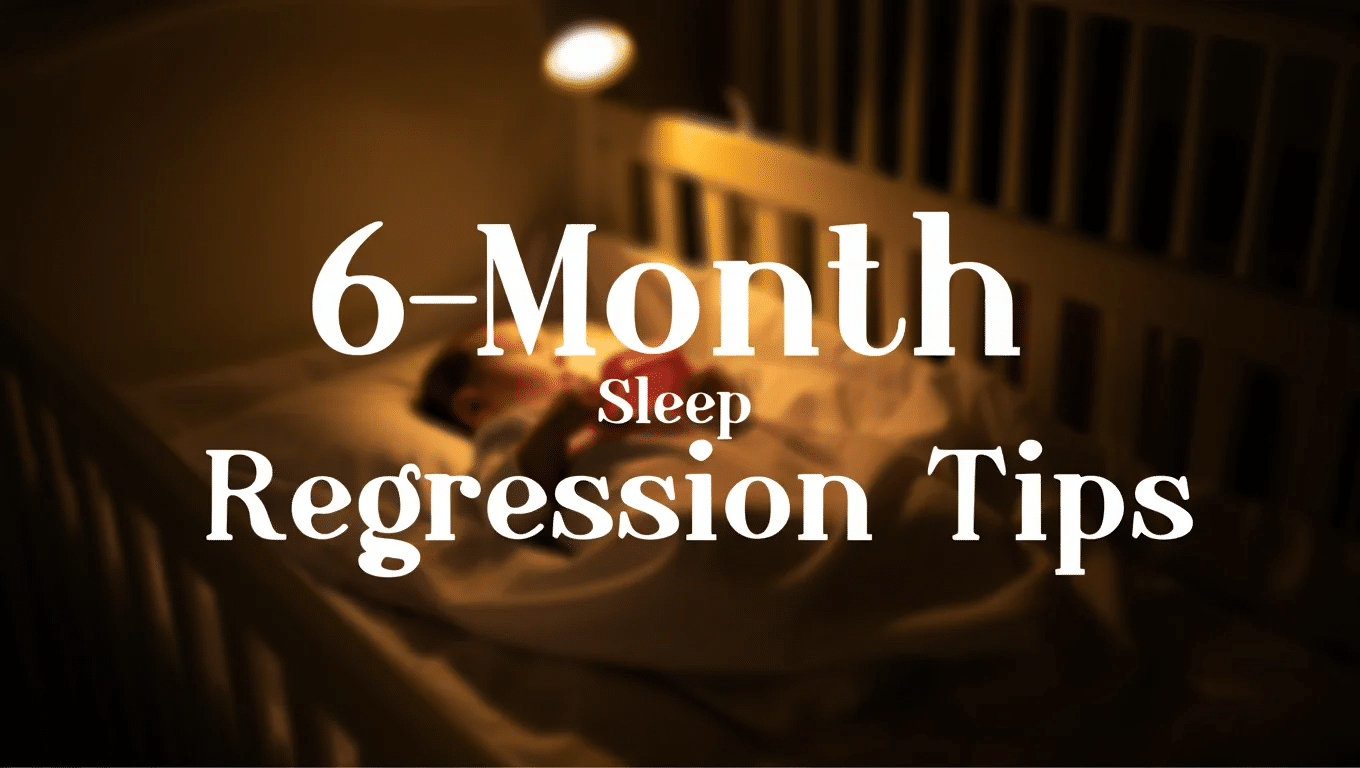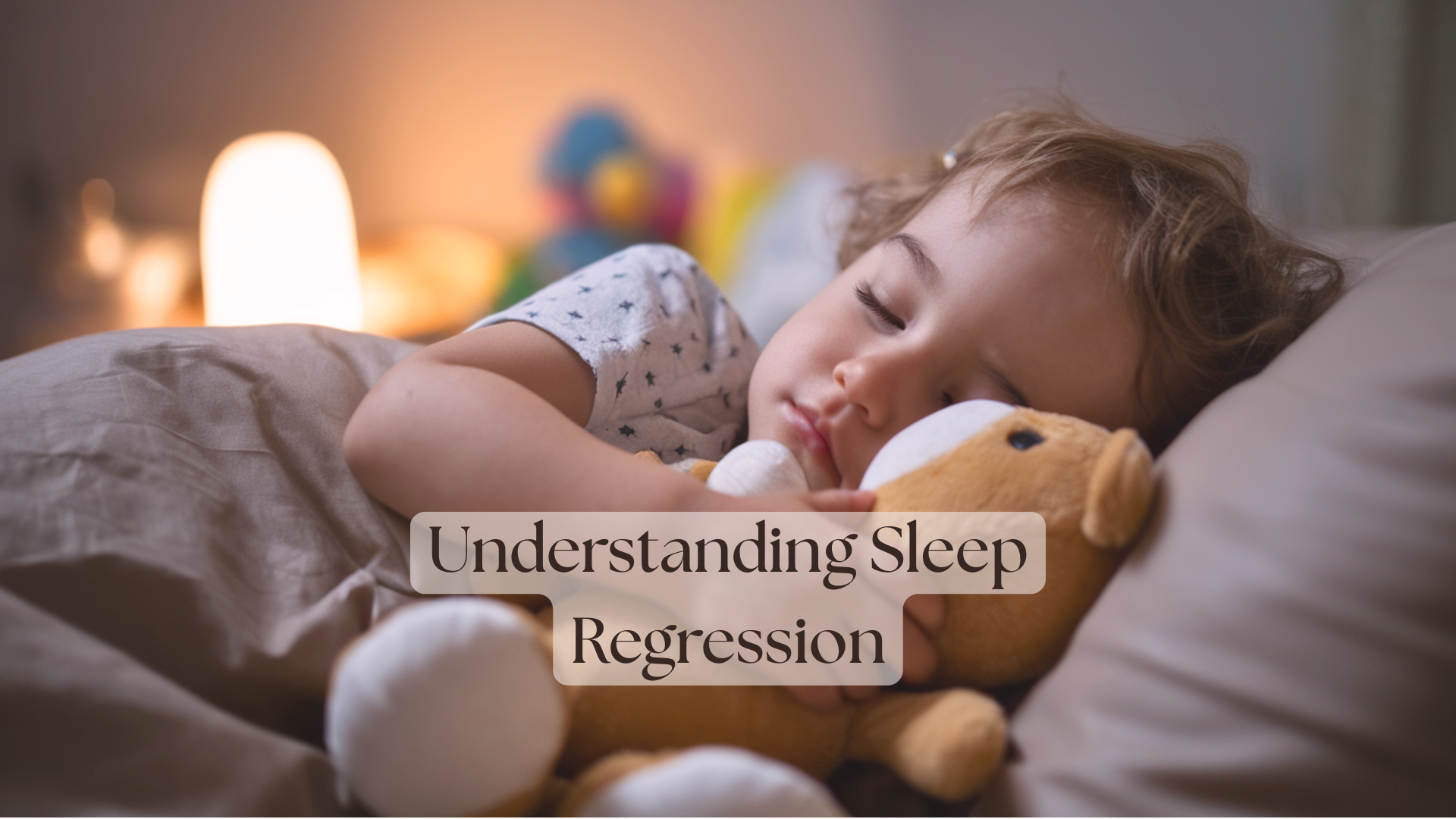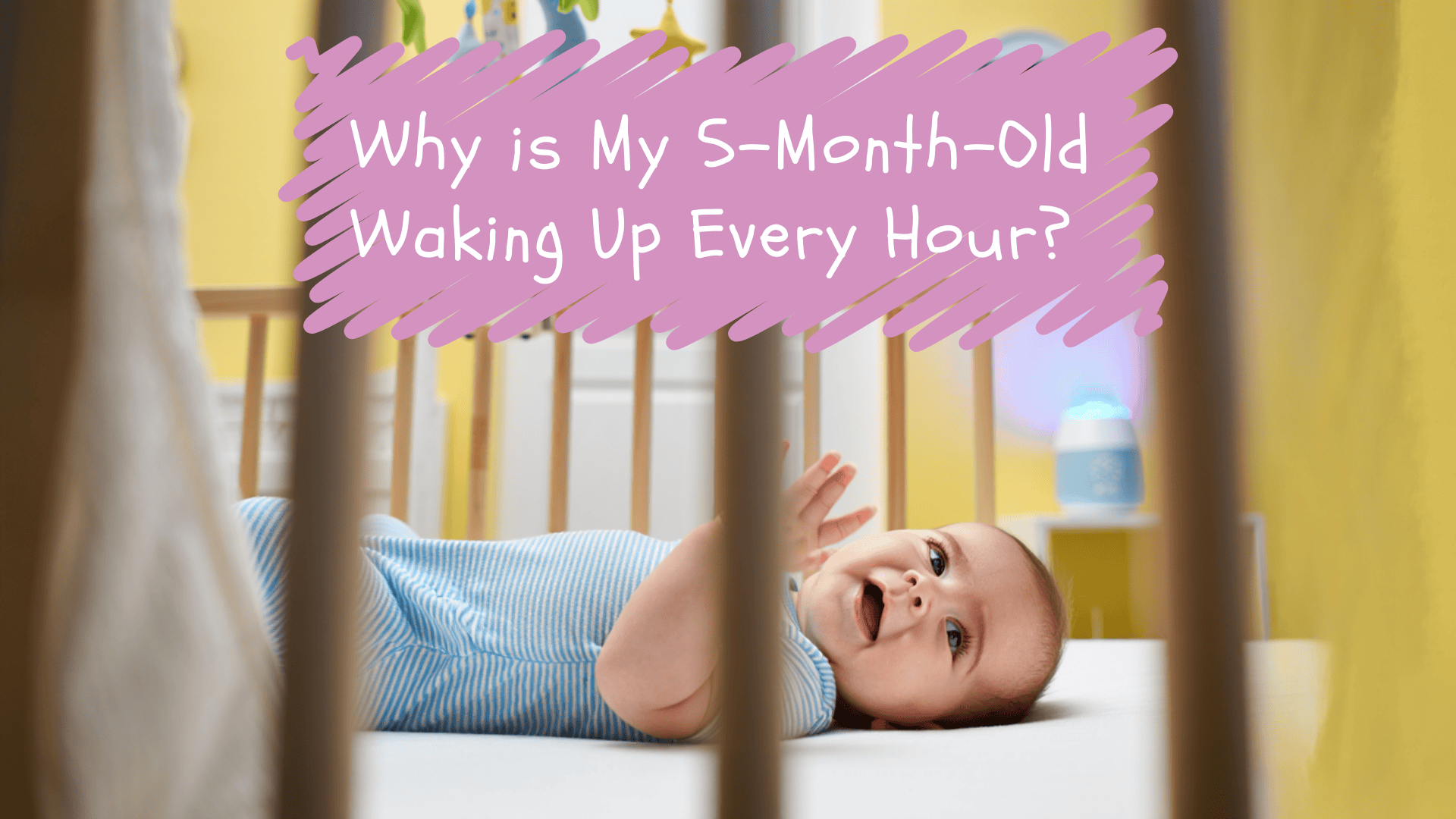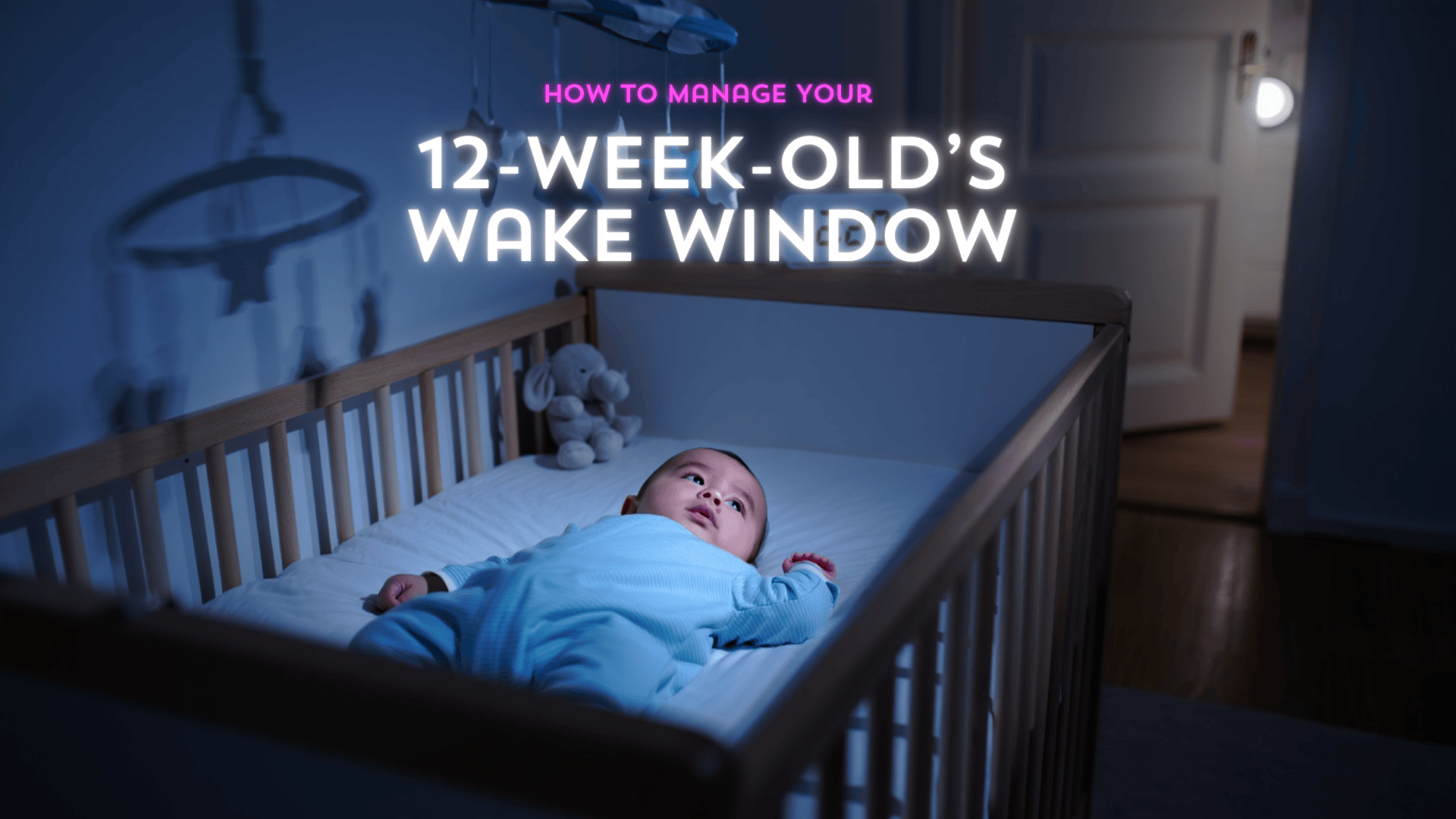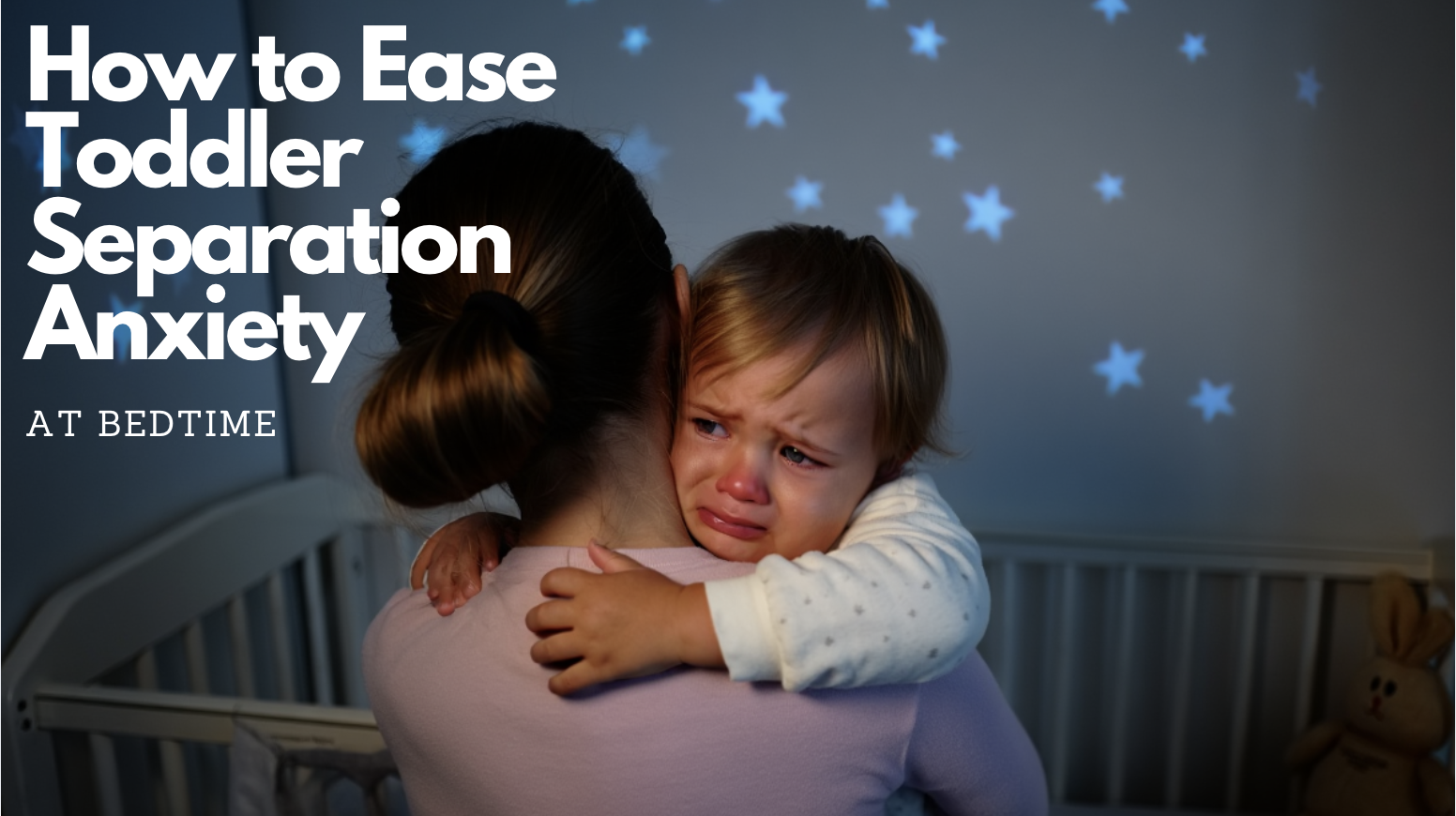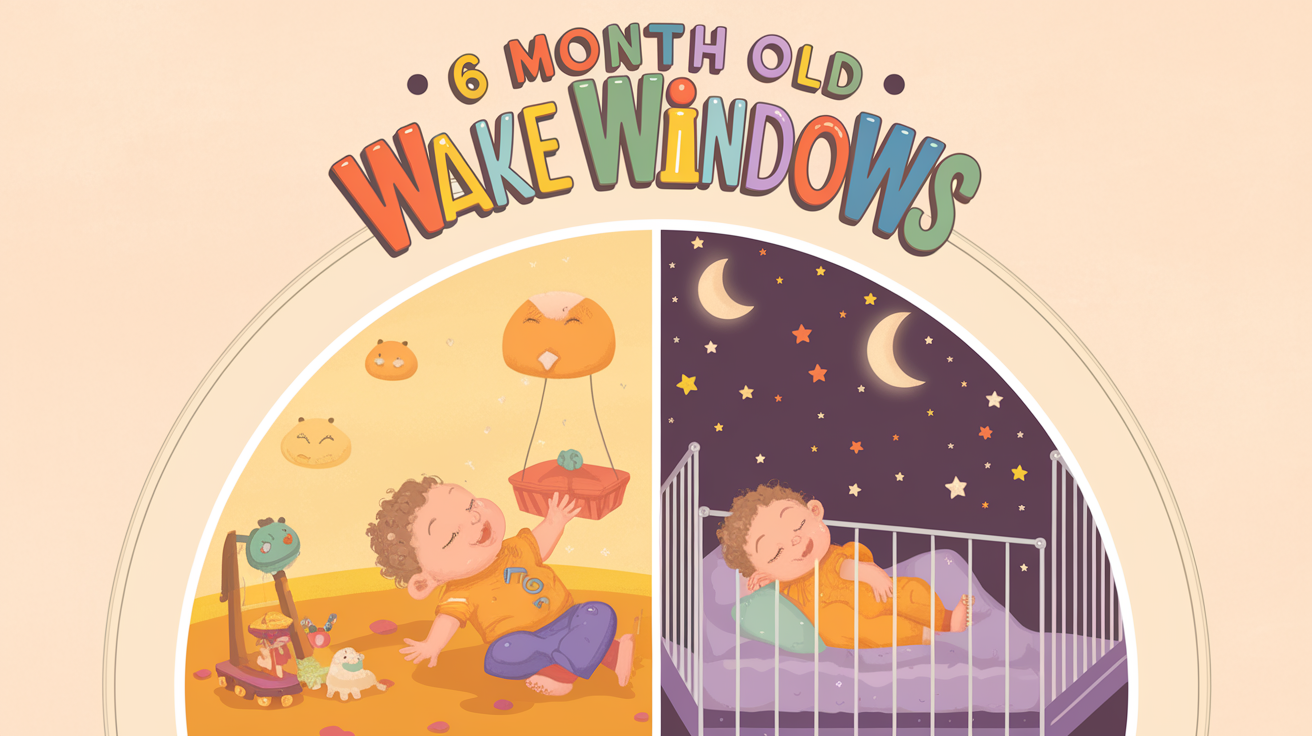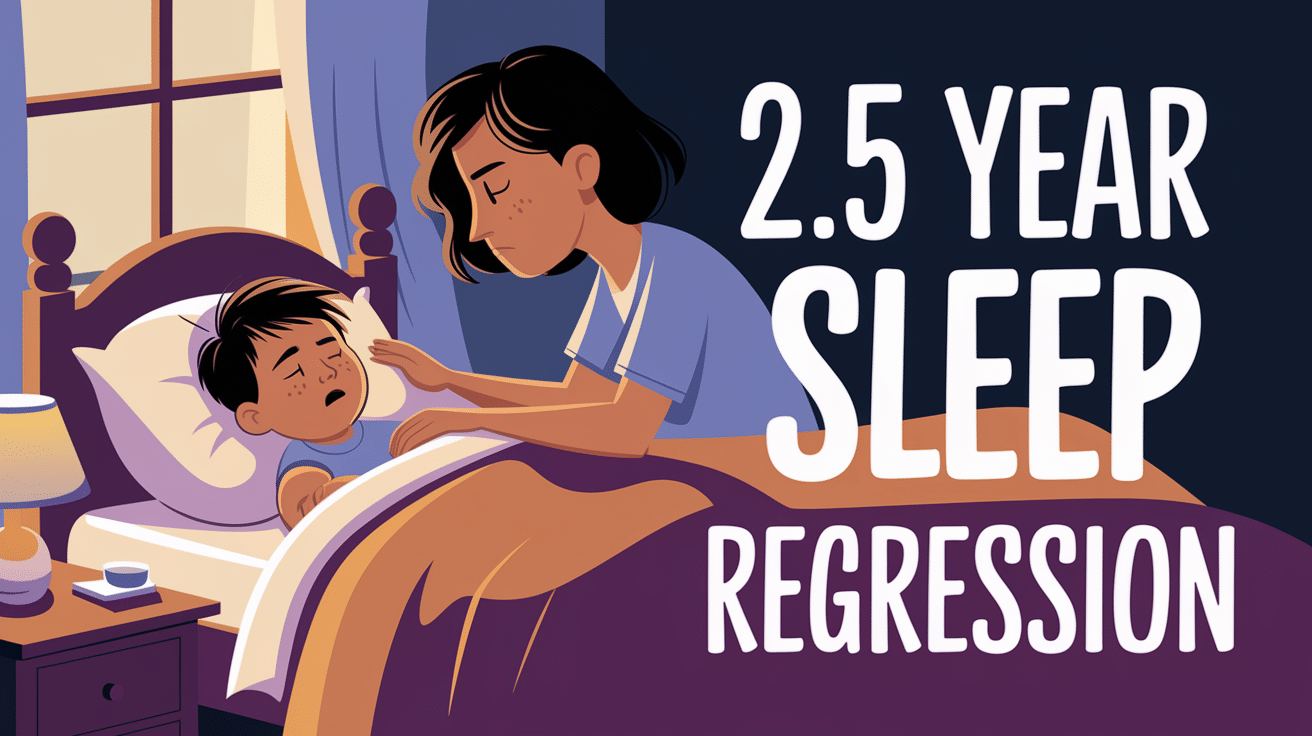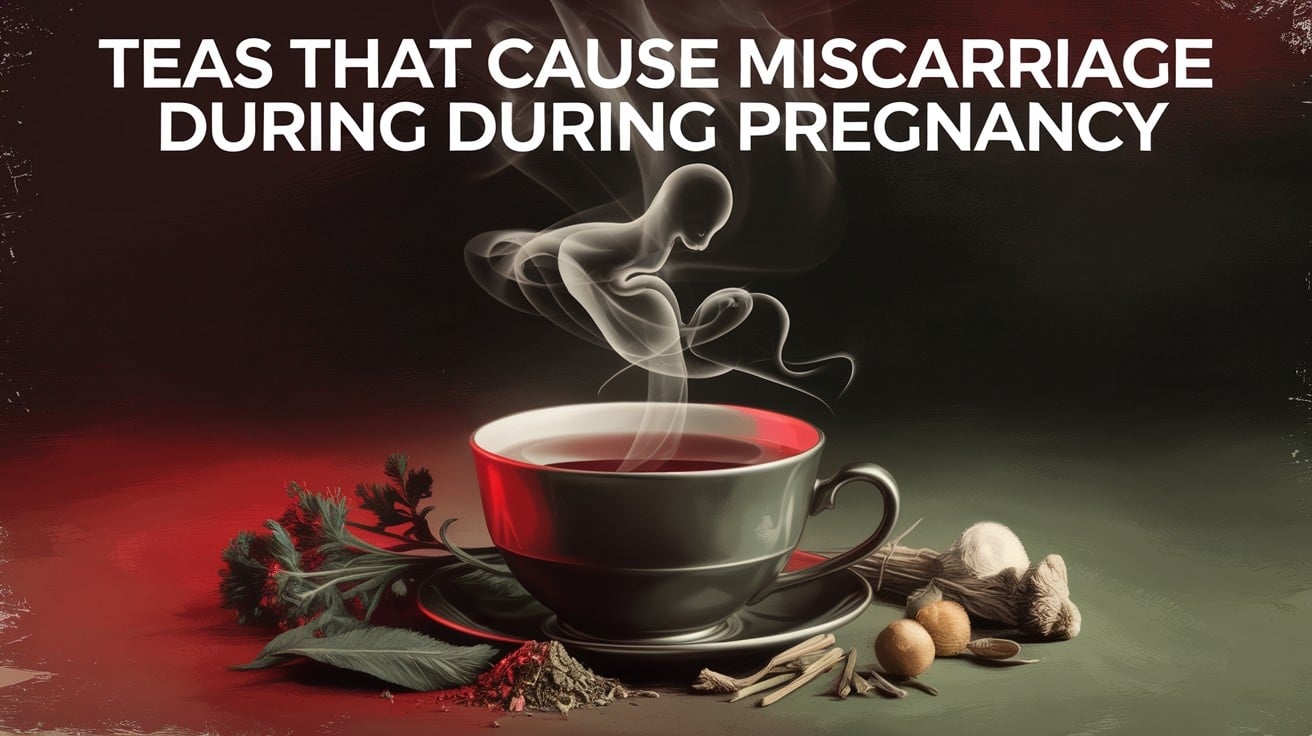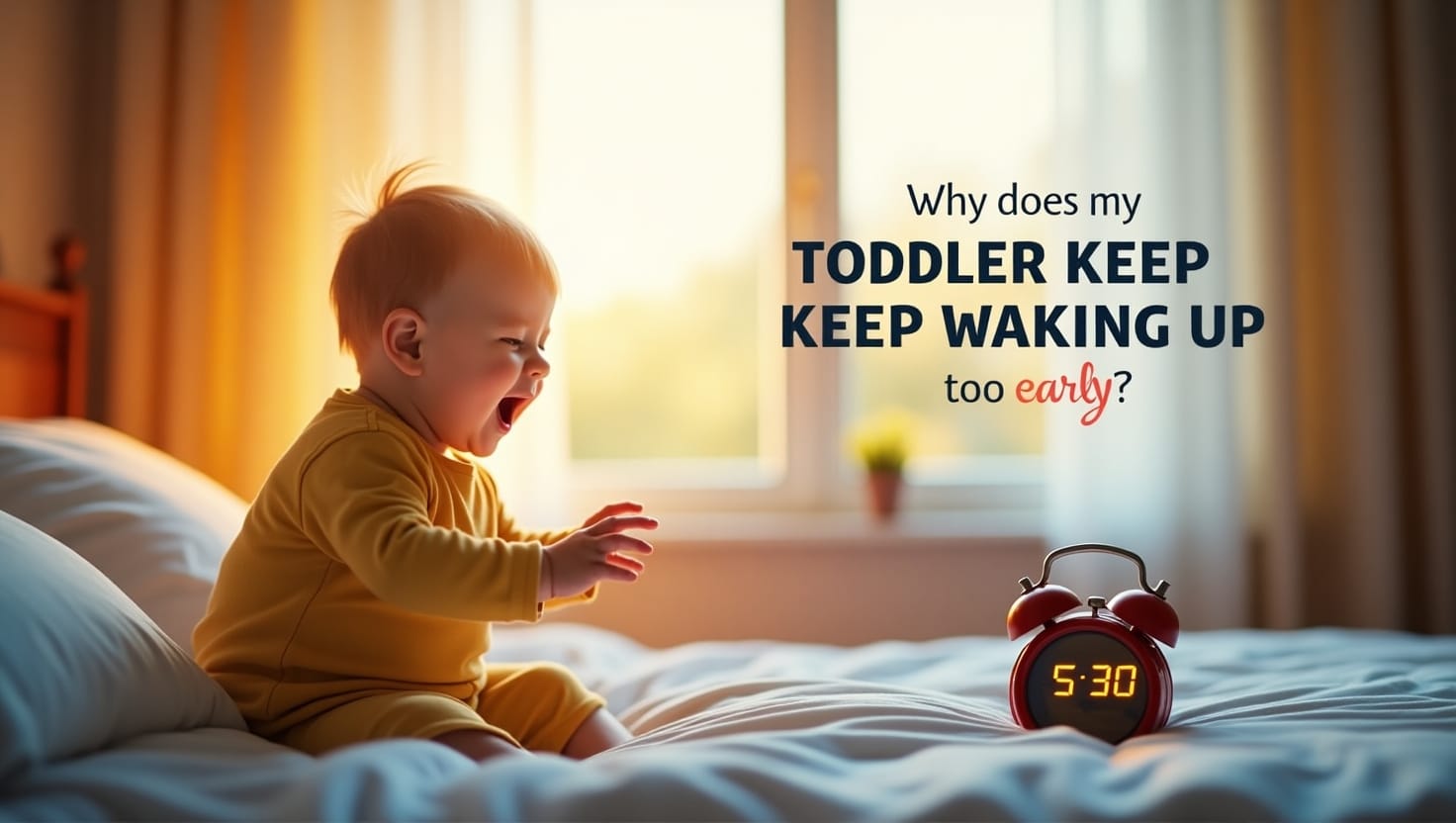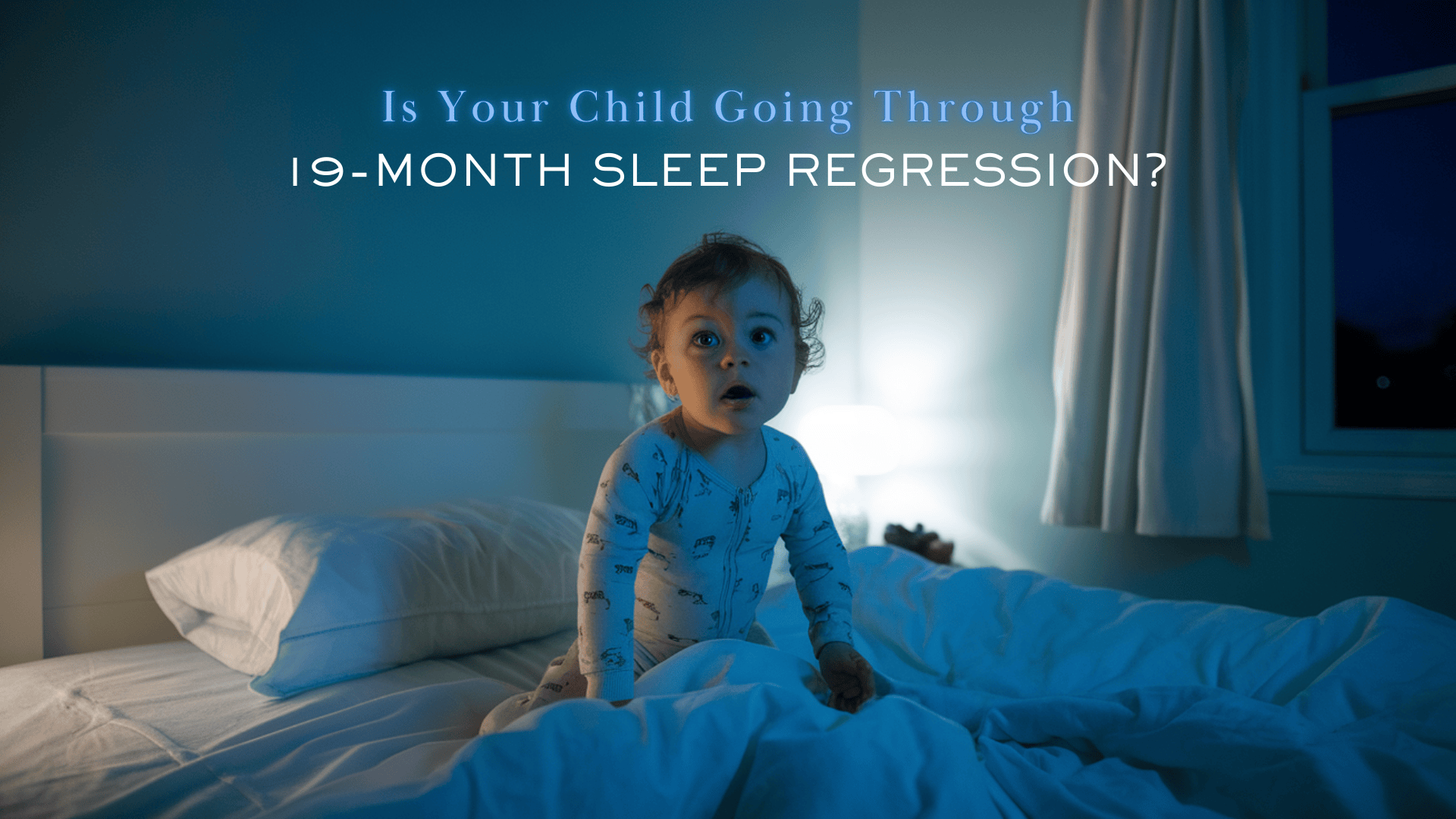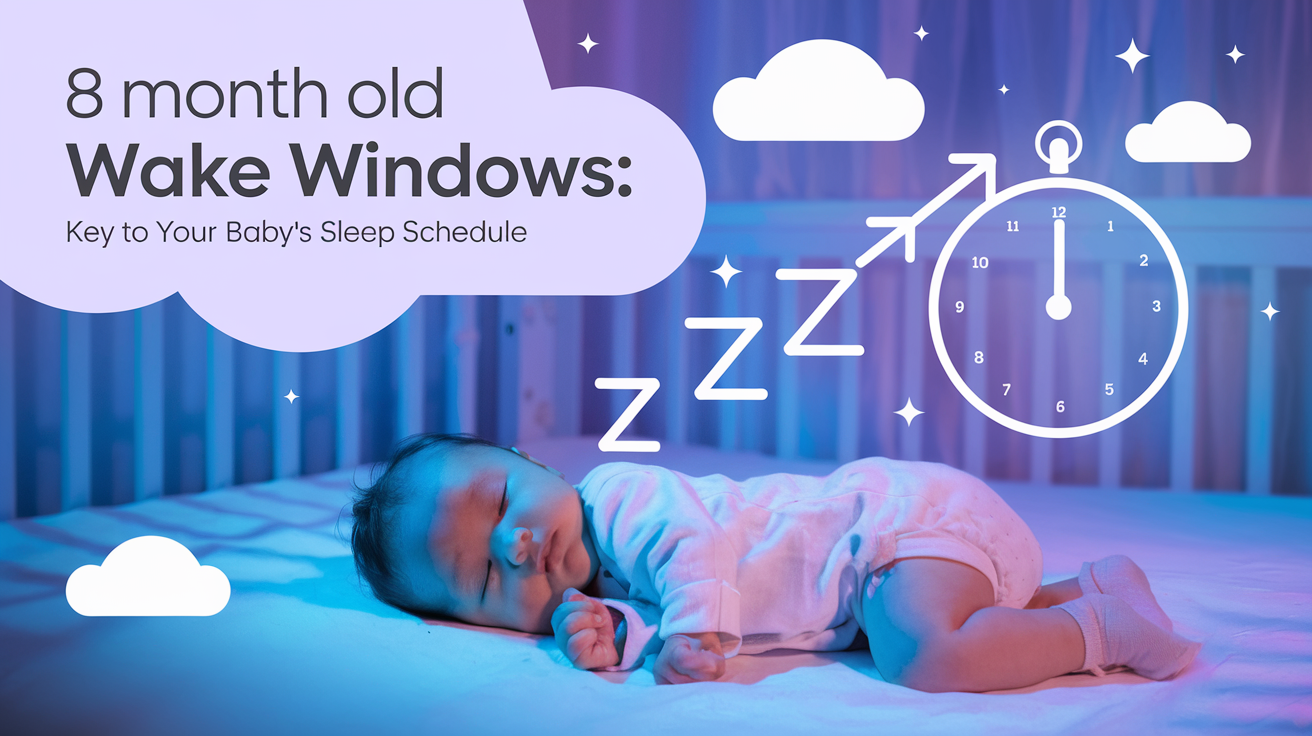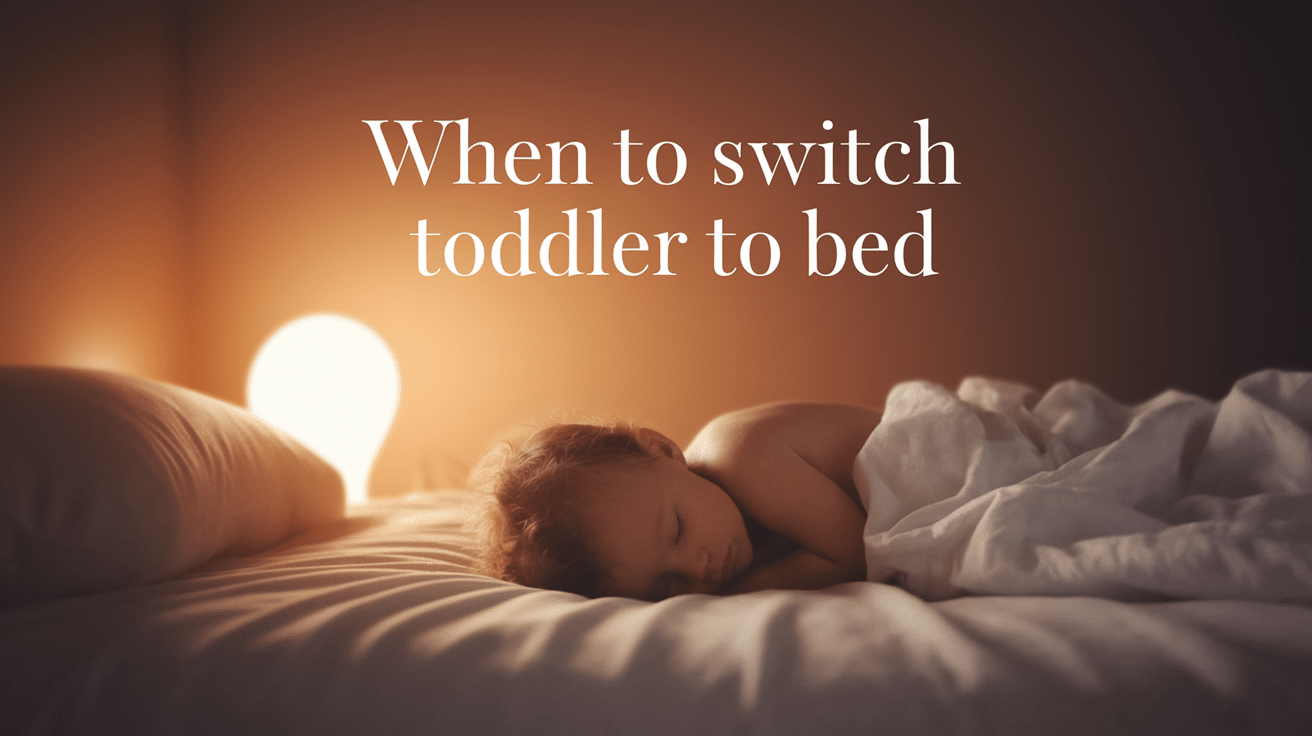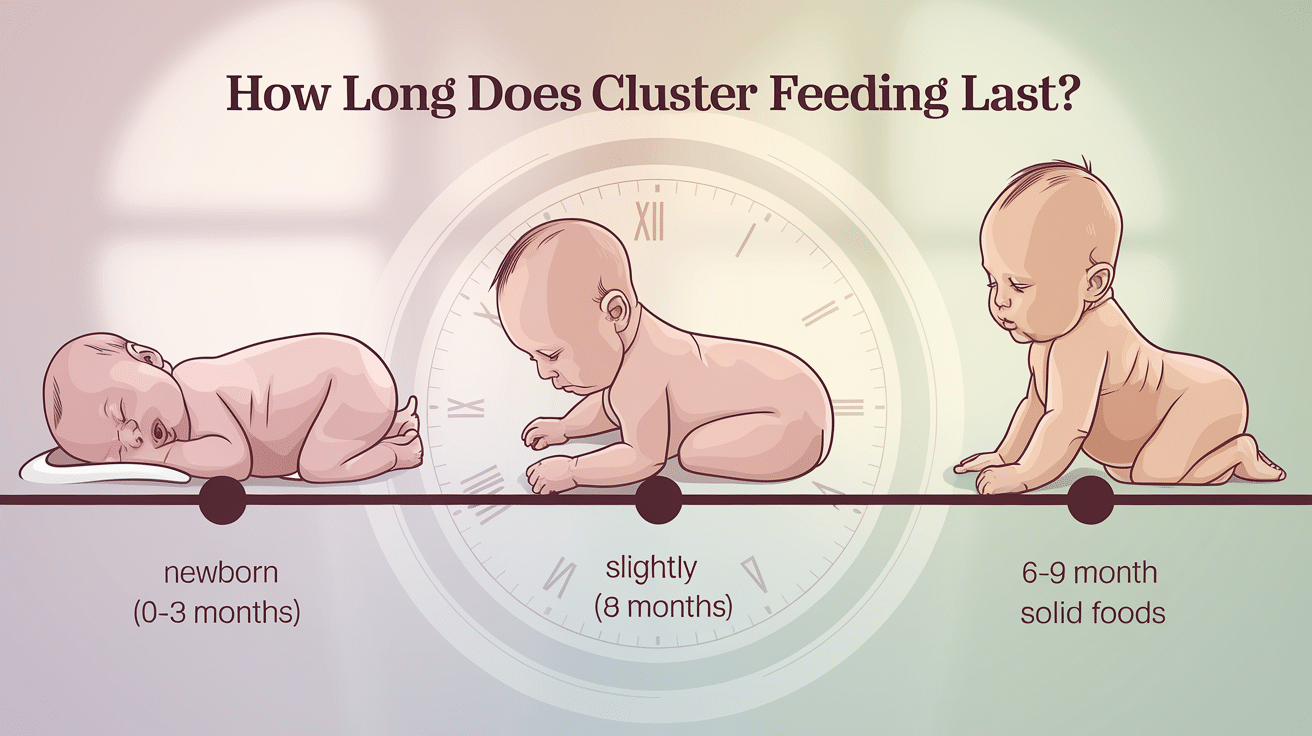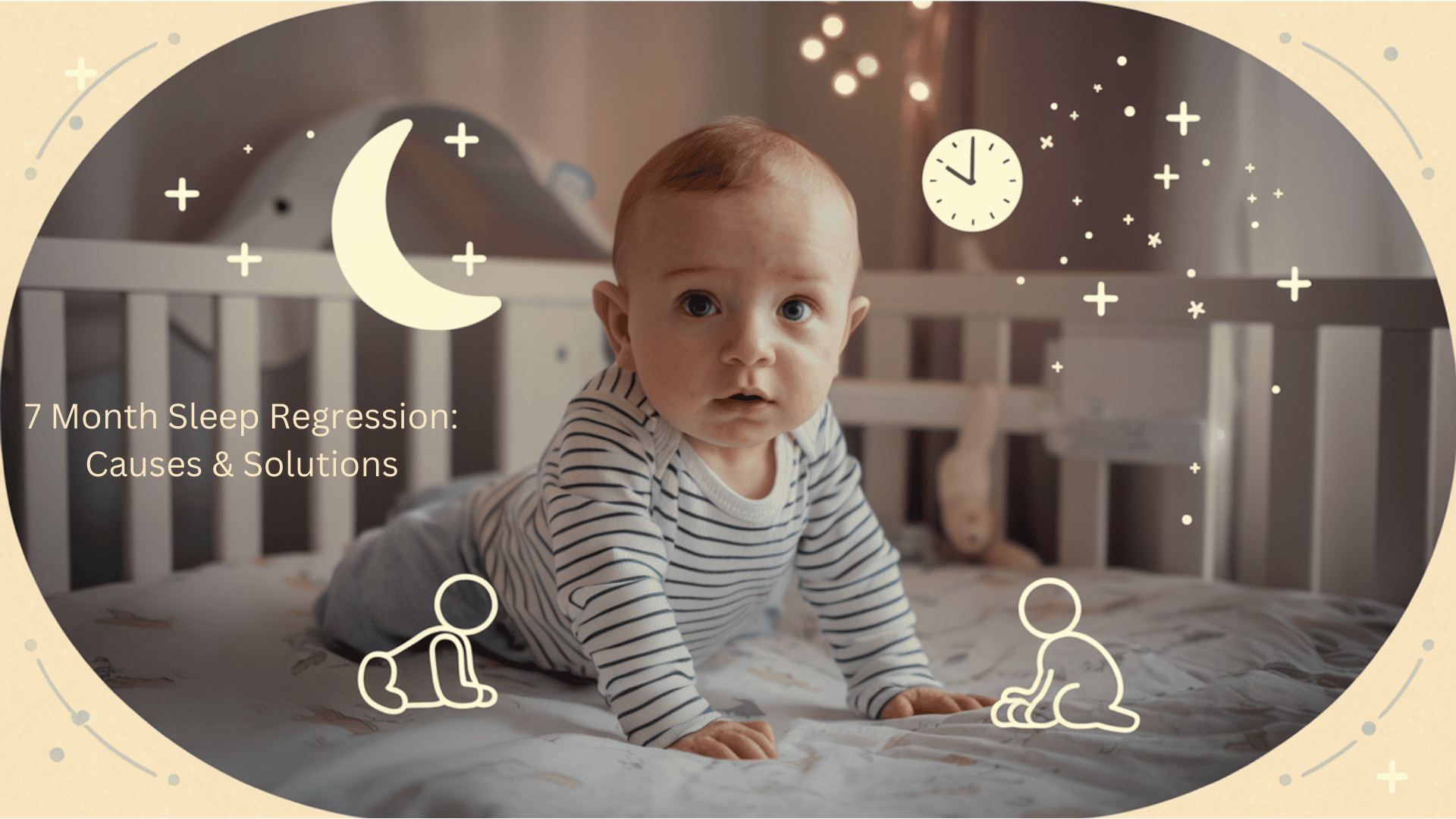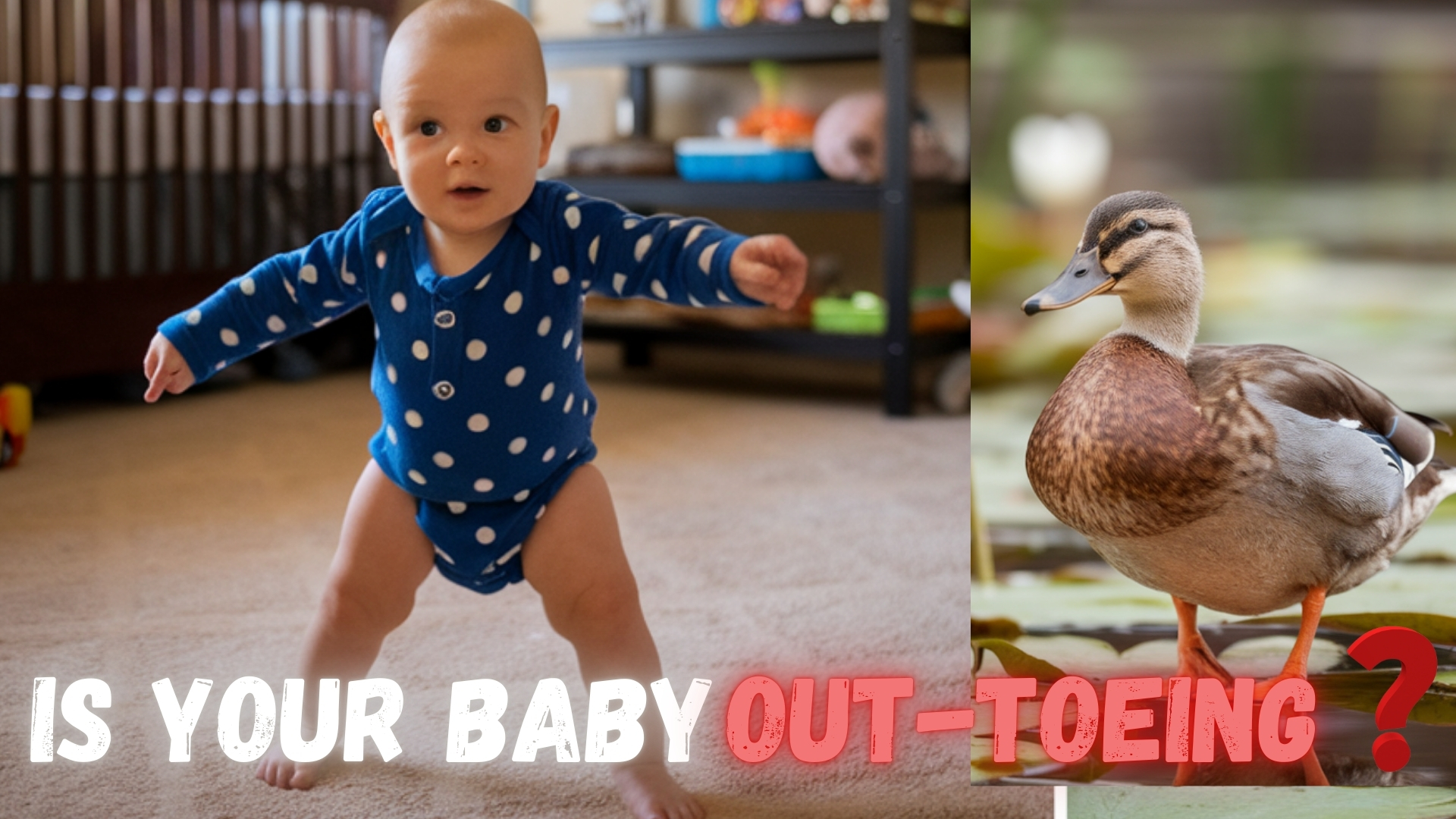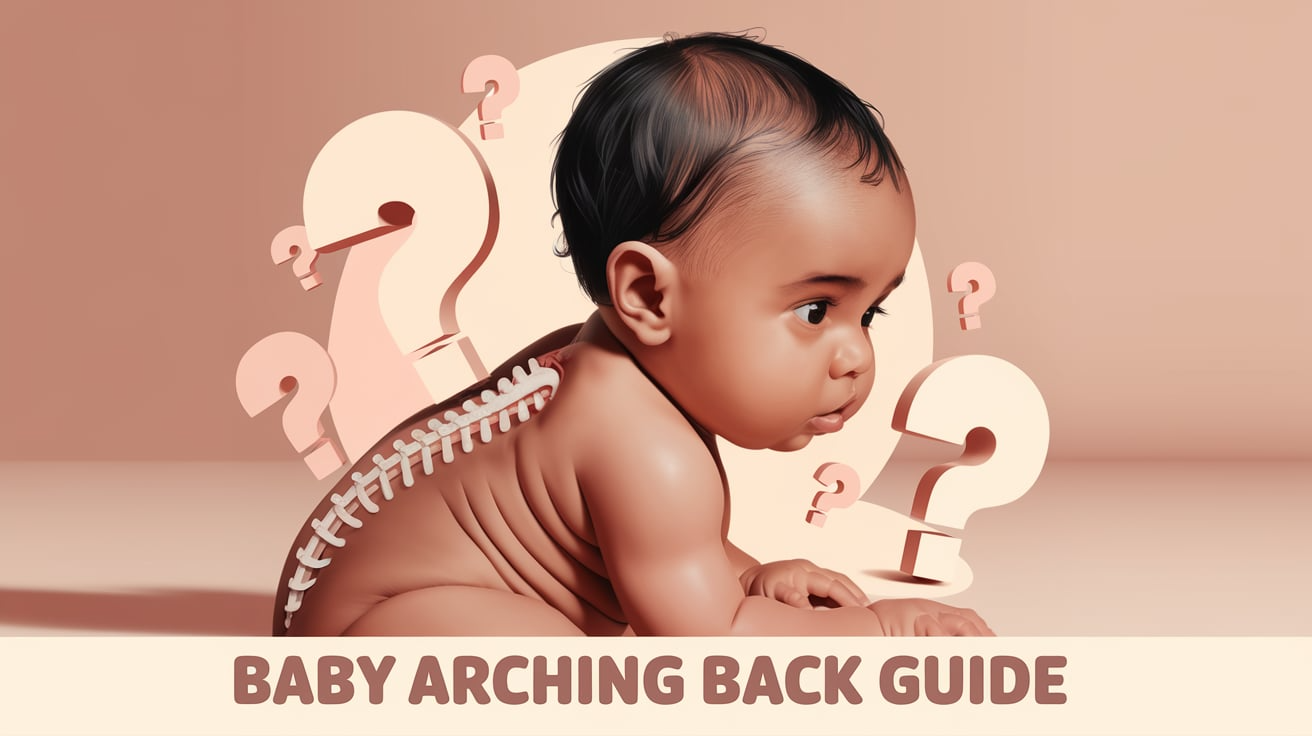
Is your baby waking up every hour, leaving you exhausted and worried? This frustrating sleep challenge affects families and can make nighttime feel way too long.
When babies wake frequently during the night, it might be due to hunger, discomfort, developmental changes, or sleep associations. Some babies need time to develop their natural sleep cycles.
While frequent night-waking is part of babyhood for many infants, it can be extremely tiring for parents. The good news is that there are effective strategies to help your little one sleep for longer stretches.
This guide will explore the reasons behind your baby’s frequent waking and provide practical solutions to help everyone get more rest.
Is It Normal for A Baby to Wake up Every Hour?
Babies often wake more frequently than adults, but waking every hour is usually not typical.
For newborns (0-3 months), waking every 2-3 hours is normal as their tiny tummies need frequent feeds. By 4-6 months, many babies can sleep longer stretches, often 4-5 hours.
Hourly waking in older babies might happen during:
- Growth spurts
- Teething periods
- Learning new skills (rolling, crawling)
- Illness
A baby’s sleep cycles last about 50-60 minutes, much shorter than an adult’s 90-minute cycles. When babies finish a cycle, they often wake briefly. Most learn to connect cycles and return to sleep independently.
If hourly waking continues for weeks, especially after 6 months, parents might want to talk with their doctor. It could signal discomfort from reflux, allergies, or sleep associations that need addressing.
Top Reasons Your Baby Might Be Waking Up Every Hour

When babies wake up frequently during the night, it can be exhausting for parents. Several common factors might be causing these hourly wake-ups.
- Hunger or Growth Spurts – Babies often need frequent feeding, especially during growth periods
- Sleep Associations – Your baby might need rocking, nursing, or holding to fall back asleep
- Sleep Regressions – These typically happen around 4, 8, and 12 months of age
- Discomfort or Illness – Issues like ear infections, reflux, or minor sickness can disturb sleep
- Separation Anxiety – This often appears around 8–10 months when babies become more aware.
- Teething – Sore gums can make it hard for babies to stay asleep
- Overtiredness – When babies don’t get enough sleep during the day, they may sleep worse at night
Understanding these common causes can help you find the right solution for your baby’s sleep troubles.
How Does a Baby’s Age Affect Night Wakings?

Night-wakings change as babies grow. What’s normal for a newborn is different from what’s expected for a toddler.
Understanding these age-related patterns helps parents know when frequent waking is normal and when it might need attention.
| AGE GROUP | SLEEP CHARACTERISTICS / FACTORS | AVERAGE NIGHT WAKINGS |
|---|---|---|
| Newborns (0–3 months) | Short sleep cycles, no circadian rhythm, need frequent feeding | Every 1–3 hours |
| Infants (4–6 months) | Developing sleep patterns, longer sleep possible, wake during transitions or due to new skills | 1–3 times per night |
| Older Babies (6–12 months) | Can sleep through the night but wakes due to separation anxiety, teething, or sleep associations | 0–2 times per night |
| Toddlers (12+ months) | Usually one long sleep period, wake due to routines, nightmares, or habits | 0–1 times per night (varies) |
Tips to Help Your Baby Sleep Longer Stretches

Creating healthy sleep habits takes time, but with patience and consistency, parents can help their babies sleep for longer stretches.
Here are some effective strategies that may help reduce hourly wake-ups:
- Set up a dark, quiet sleep environment with white noise
- Establish a calming bedtime routine (bath, book, lullaby)
- Make sure baby is well-fed before sleep
- Check if baby is comfortable (not too hot/cold, clean diaper)
- Use a swaddle for younger babies (under 4 months)
- Consider sleep training methods when baby is ready (4+ months)
- Watch for sleep signs to put baby down when drowsy but awake
Most importantly, make sure you are consistent with every approach you make. It will help in achieving good sleep for both you and your little one.
When to Seek Help from a Pediatrician or Sleep Consultant?

While frequent night-wakings are common, sometimes they signal bigger issues. Contact your baby’s doctor if you notice:
- Your baby wakes with a cry that seems like pain
- Breathing problems, snoring, or long pauses in breathing during sleep
- Spitting up often or arching their back (possible reflux)
- Not gaining weight normally
- Extreme fussiness that doesn’t improve with comfort
- Waking patterns that suddenly worsen after previously sleeping well
- Your family is struggling with severe sleep deprivation
A pediatrician can check for medical causes like ear infections, reflux, or allergies. Sleep consultants are helpful when medical issues are ruled out but sleep problems continue. They provide personalized plans based on your baby’s age and your parenting style.
Remember, asking for help is not a sign of failure – it’s good parenting!
Final Thoughts
Babies who wake every hour can leave parents feeling tired and frustrated. Remember that this sleep pattern won’t last forever! With time and the right strategies, most babies learn to sleep for longer stretches.
Stay consistent with bedtime routines and give new approaches at least a week before trying something different. Small adjustments often lead to big improvements in sleep quality.
If hourly wakings continue despite your best efforts, don’t hesitate to speak with your doctor.
Better sleep is possible, and both you and your baby deserve restful nights. This challenging phase will pass—hang in there!
If you’re interested in more informational content on mothers and babies, feel free to click here and explore other blogs that you might enjoy.
Frequently Asked Questions (FAQs)
Is Co-Sleeping Making My Baby Wake More Often?
For some babies, co-sleeping can lead to more frequent waking due to awareness of the parent’s presence or movement.
Will Introducing Solid Foods Help My Baby Sleep Better?
Introducing solids doesn’t always lead to better sleep. Hunger isn’t the only reason babies wake—developmental and emotional factors play a role too.
Do Sleep Regressions Happen to All Babies?
Most babies go through sleep regressions, though the timing and severity can vary. Some may barely notice them, while others wake more often.
Could My Baby Be Waking up Because of Noise or Light?
Yes, environmental factors like sudden sounds or a room that’s too bright can cause disrupted sleep, especially in light sleep phases.





